By Adejumobi Oluwatomiloba and Gafar Tinuoye
My career as a journalist and film critic took an interesting turn towards the end of 2024. I got the chance to write and publish film articles like TAFM as a Haven for Discovery and Ibadan Indie Film Awards: IFÁ Returns in 2024; these pieces marked the beginning of a new chapter in my career. Thanks to the Film Rats Club Young Critics Program.
A true milestone came when I co-interviewed filmmaker Daniel Itegboje alongside my colleague, Gafar Tinuoye, following the screening of his stirring, award-winning documentary, On Your Own (O.Y.O). The film’s simplicity and emotional depth gripped me instantly, making the interview a deeply memorable experience.
During our conversation, Daniel revisited the process of making O.Y.O.—a project that left a lasting imprint on him. He spoke with raw honesty about how the journey shaped him and how the film forged a soulful bond between him and the ‘Elema boys.’ For Daniel, this wasn’t just a documentary—it was a life-changing encounter.
How was the documentary-making experience for On Your Own (O.Y.O)?
Creating the documentary was a really enriching, eye-opening, heart-warming, and tear-jerking experience. We set out to create a documentary film, but we eventually opened the door to the souls of the boys we documented. Bonding with them and having unbridled access to their lives changed who we were as filmmakers. It first seemed scary encountering them due to the idea of them being thugs on the streets, but after staying close to them, we came to one universal truth: all human beings just want to be seen and heard. For many of them, it was the first time in a while that they felt seen and heard. Documenting them was a process that was beyond putting a camera on their faces; it was a deep exchange of their philosophies, ideals, and fears.
You seemed to build a remarkable connection with the Elema boys. How did you gain access to their world and establish such a strong rapport with them?
Like I said earlier, every human being just wants to feel seen and heard. They felt really glad to be seen. Their outward look might be coarse due to the cards life played them, but their core is as soft as most humans. We took some time to get to know them and bond with them before we brought cameras. By the time we brought cameras, it was almost as if the cameras weren’t there; they were very free and expressive. We developed a system of mutual trust in the filming process. They even helped protect our crew and cleared bush paths for us when we visited their ‘cartel’. We were also very ‘verite’ in the filming process, allowing them to be comfortable in their natural state and not being too keen on light setups, camera angles, and our pre-formed ideas. We allowed them to lead us to the story
You studied at Benin University. Is that what led you to make this documentary in Benin City, or what specifically ignited the passion to shoot the documentary in Benin?
I study medicine and surgery at the University of Benin alongside my work as a documentary filmmaker. There’s a pedestrian bridge in front of the school, and I usually see these kids around. Just like everyone else, I saw them and passed until a certain day when one of my colleagues called them ‘Elema boys’, and this sparked my curiosity. That name and a basic understanding of their lives sparked my curiosity further and took me on an interesting and life-changing journey of exploring their lives.
What was the most challenging part of shooting this documentary, and how did you overcome it?
The most challenging part of shooting the documentary was the fear of the unknown, considering the public perception of the boys, but my crew and I decided to roll the dice and trust our instincts and dive into the filming process. The second challenge was tracking the boys. They live a very nomadic lifestyle and have no devices for communication. My team and I had to study their movement patterns and predict the locations and times they’ll be available. This was a very stressful process, considering we were also renting filming equipment.
It’s interesting to discover that you are still a student. What financial constraints did you encounter making this, and how did you overcome them? Also, what advice will you give to a student filmmaker hoping to make their film but tied down due to finances?
In creating the film, we had a grant from Story Mi Academy in collaboration with the French embassy, but considering the idea we had for the film, it wasn’t sufficient. My team and I came together and agreed to not have individual payments but to focus on the funds we had to rent proper filming equipment. Every crew member worked pro bono. The love and collaborative spirit are really the bedrock of the film’s creation process. My advice to any student filmmaker is to find your film tribe and grow with them. Your film tribe is a group with the same passion for film who regularly come together and create projects, collaborating to make the project a success.
What advice do you have for upcoming filmmakers, especially those interested in making documentaries?
My advice is to take that jump!. Stop glossing over the idea. Shoot a film and fail, and learn fast. The more films you create, the better you get. Get out there and try something new. The process becomes clearer with each new project.
Do you have any upcoming projects that you’d like to share?
I have upcoming projects, but I’ll reveal them at the proper time. For now, go and watch O.Y.O (On your own).
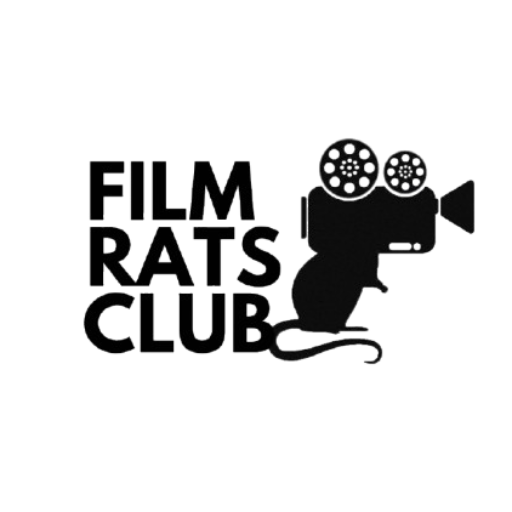

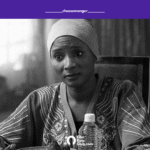
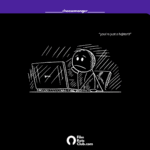
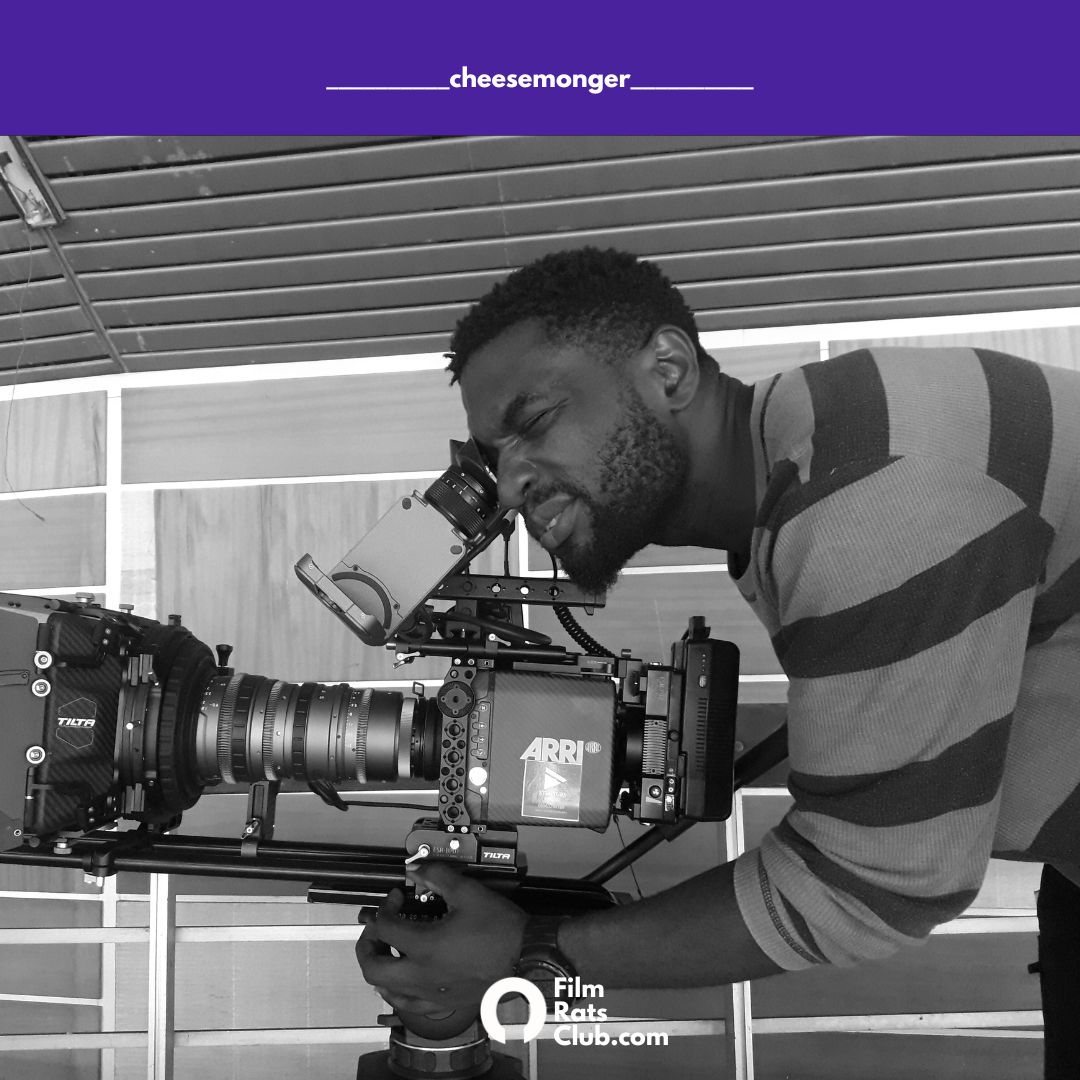

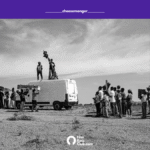
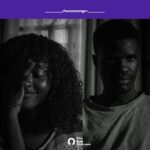
12 thoughts on “A Quick Chat with Daniel Itegboje on Filming O.Y.O and Finding Connection ”
Ne zamandır web sitelerim için aradığım içeriği sonunda buldum. Bu kadar detaylı ve net açıklama için teşekkürler.
hocam gayet açıklayıcı bir yazı olmuş elinize emeğinize sağlık.
Hatay’dan İstanbul, Ankara, İzmir gibi büyük şehirlere yapılan şehirler arası nakliyat hizmetleri, hem firmaların hem de bireylerin ihtiyaçlarını karşılar. Özellikle ürünlerin zamanında ve güvenli teslimatı, bu hizmetin kalitesini belirler.
I very delighted to find this internet site on bing, just what I was searching for as well saved to fav
naturally like your web site however you need to take a look at the spelling on several of your posts. A number of them are rife with spelling problems and I find it very bothersome to tell the truth on the other hand I will surely come again again.
very informative articles or reviews at this time.
This is my first time pay a quick visit at here and i am really happy to read everthing at one place
naturally like your web site however you need to take a look at the spelling on several of your posts. A number of them are rife with spelling problems and I find it very bothersome to tell the truth on the other hand I will surely come again again.
There is definately a lot to find out about this subject. I like all the points you made
Good post! We will be linking to this particularly great post on our site. Keep up the great writing
ayfbn0
gq6b3k